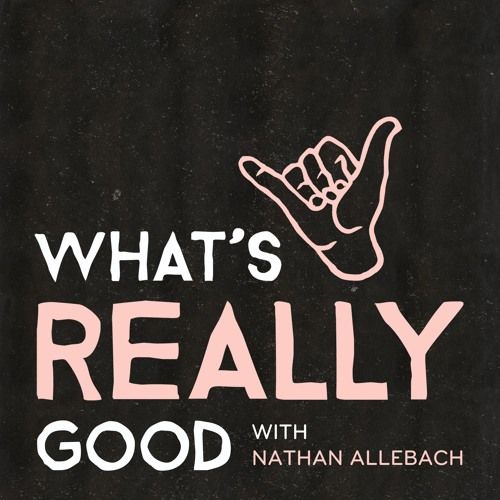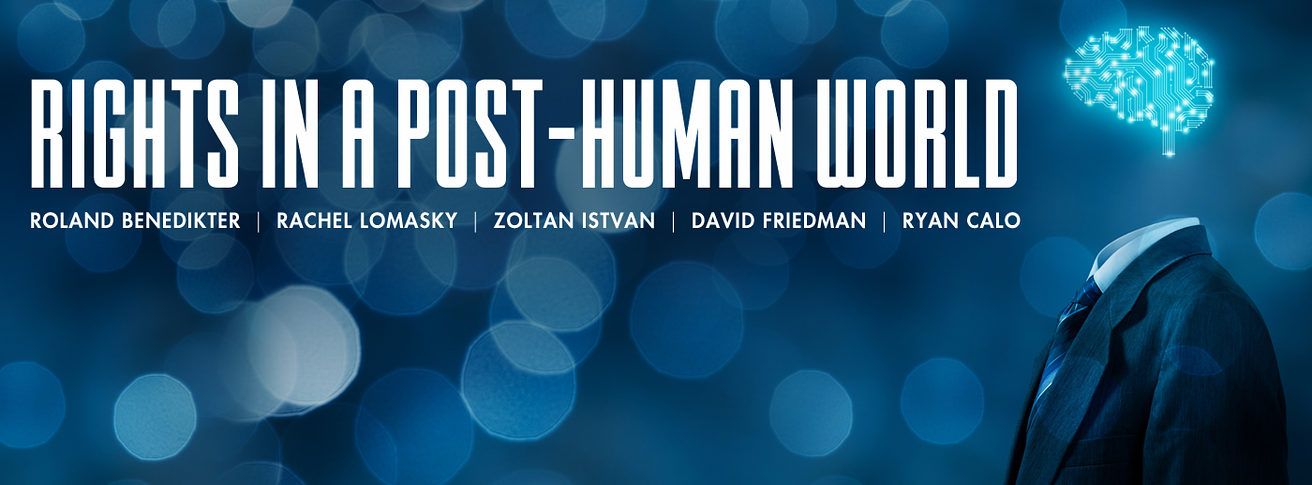I’m excited to share my interview with Jakub Dymek on #transhumanism in the new edition of The Aspen Institute (Eastern Europe) quarterly Aspen Review magazine.
Let’s think about this: what happens when sometime in the future the whole generation of Chinese kids have higher IQs than their American peers, because they’re technologically hardwired for that? Will this be a national security issue? This is a global security issue—says Zoltan Istvan in an interview with Jakub Dymek.
JAKUB DYMEK: You are a transhumanist—member of a movement endorsing technologically augmented advancement of human species and using technology to extend our capabilities. What does transhumanist thinking bring into the world of policy debate in the US and worldwide and how politically influential it is?
ZOLTAN ISTVAN: Transhumanism influences politics today only a little bit. But at the same time, transhumanist movement grows exponentially, like 1000% every year. So I think its implications for the policy debate here in the US and globally will only grow in scale and importance, obviously. Transhumanism can define policy debate of the future, of that I’m sure. President Trump can say today that manufacturing jobs and jobs in general are lost because of immigrants. But he wouldn’t be able to say the same thing up until 2020 campaign, because it’s simply not true, and more people realize the simple fact that jobs aren’t lost to immigration, but automation. It’s tech “stealing the jobs” he is going to have to say then. And you cannot build a wall to stop technology from spreading. This is how transhumanism is already shaping this debate. And it goes beyond jobs.







